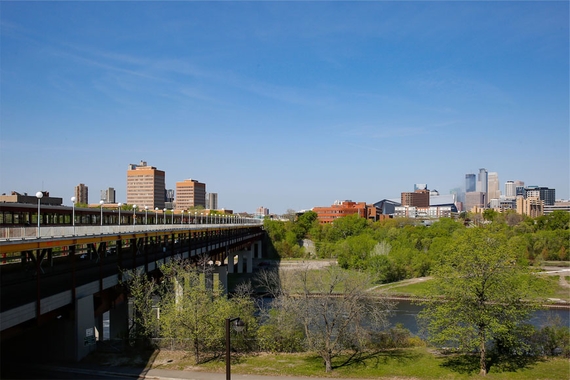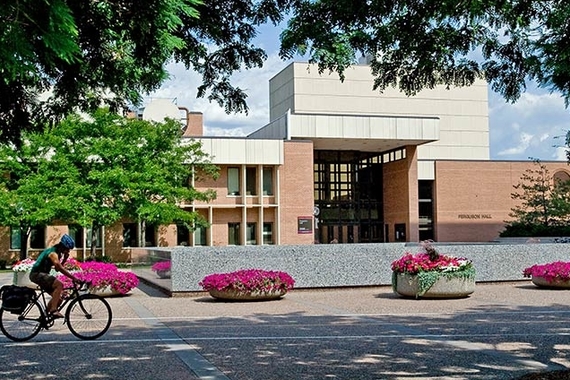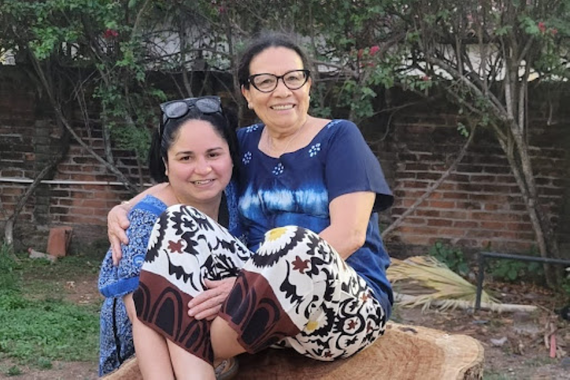COVID Through the Eyes of Historians: Jean O'Brien
Organizers in Plymouth, Massachusetts; Plymouth, England; and Leiden, Netherlands have been planning the 2020 quadricentennial commemoration of the arrival of the Pilgrims in Plymouth, Massachusetts for years. Instead, COVID-19 is threatening the possibility of safely mounting many of those celebrations into 2020. Strikingly, these years mark the 400th anniversary of a very different infectious disease. Between 1616 and 1619, a deadly epidemic tore through what is now known as southeastern New England, decimating Indigenous populations such as the Wampanoag and Massachusett stretching thirty miles inland from the coast, stopping at the western edge of Narragansett Bay and largely sparing the Narragansett Nation. The estimated death rate stood at fifty to ninety percent where the epidemic penetrated, a disease much speculated about but still not conclusively identified.
This devastating epidemic dramatically reordered political relations, affected virtually everything in the interconnected world of Indigenous New England, and facilitated English invasion beginning in Plymouth in 1620. More than a century of episodic encounters preceded this insidious beginning of English permanence in the region, including periodic trade as well as English slaving expeditions that conditioned Indigenous responses to the English, devastating Indigenous ancestors, threatening their understanding of the entire cosmos, and altering political and military power.
I think of this history and my own Ojibwe ancestors’ first and ongoing experiences with newly introduced epidemics that dramatically remade their worlds. As the flailing response to this global pandemic unfolds in spite of science, technology, and wealth, I wonder what it must have been like to confront the dramatic upheavals wrought by those new diseases so long ago and without the benefit of what we know now.


